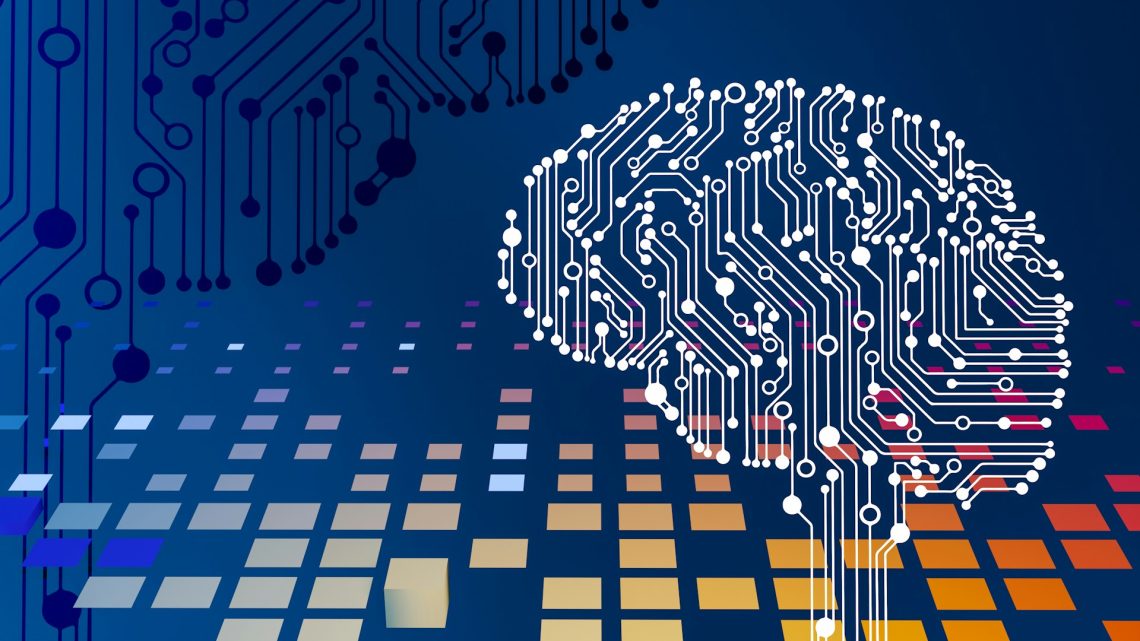The Impact of Artificial Intelligence on Everyday Life
June 9, 2024The Impact of Artificial Intelligence on Everyday Life
In today’s rapidly advancing world, the integration of artificial intelligence (AI) into our daily lives has become more prevalent than ever before. From smart home devices to virtual assistants, AI technology is revolutionizing the way we live, work, and interact with the world around us. In this article, we will explore the various ways in which AI is shaping our everyday lives and the implications it has for the future.
AI in Smart Home Devices
One of the most noticeable impacts of AI on everyday life is through smart home devices. From thermostats that learn your preferences to security cameras that can identify potential threats, AI is making our homes safer, more efficient, and more comfortable. With the rise of devices like Amazon’s Alexa and Google Home, we can now control our lights, appliances, and even ask questions using just our voice. These devices not only make our lives easier, but they also provide valuable data that can be used to improve their functionality over time.

AI in Healthcare
AI is also revolutionizing the healthcare industry, with applications ranging from medical imaging to personalized medicine. AI algorithms can analyze medical images more accurately and quickly than human radiologists, leading to faster diagnosis and treatment. Additionally, AI can be used to predict and prevent diseases, such as identifying individuals at risk for certain conditions based on their genetic information. With the help of AI, healthcare providers can deliver more personalized and efficient care to their patients.
AI in Transportation
The impact of AI on everyday life is also evident in the transportation sector. Self-driving cars, powered by AI technology, are becoming increasingly common on the roads. These vehicles have the potential to reduce traffic accidents, improve traffic flow, and make transportation more accessible to individuals who are unable to drive themselves. In addition, AI-powered navigation apps like Google Maps and Waze use real-time data to provide users with the most efficient routes, helping to streamline their daily commute.
AI in Education
In the field of education, AI is being used to personalize learning experiences for students. Adaptive learning programs can tailor lesson plans to individual students’ needs and learning styles, allowing them to progress at their own pace. AI tutors can provide students with additional support outside the classroom, helping them to better understand complex concepts and improve their academic performance. By integrating AI into education, schools can ensure that every student receives the attention and resources they need to succeed.
In conclusion, the impact of artificial intelligence on everyday life is profound and far-reaching. From smart home devices to healthcare and transportation, AI technology is transforming the way we live, work, and interact with the world around us. As the capabilities of AI continue to evolve, we can expect to see even more innovative applications that will further enhance our daily lives. Embracing AI technology and understanding its implications is essential as we move towards a future where artificial intelligence plays an increasingly central role in our everyday lives.
Read also about top tech gadgets in 2024 – find out how AI change the usage of many devices.
Author Profile
Latest entries
 ShoppingJune 18, 2024Sustainable Shopping: Eco-Friendly Brands and Practices
ShoppingJune 18, 2024Sustainable Shopping: Eco-Friendly Brands and Practices SportsJune 17, 2024The Importance of Regular Exercise: How to Stay Motivated
SportsJune 17, 2024The Importance of Regular Exercise: How to Stay Motivated HealthJune 16, 2024Understanding the Role of Sleep in Overall Health and Wellbeing
HealthJune 16, 2024Understanding the Role of Sleep in Overall Health and Wellbeing Home Improvement & DecorJune 14, 2024How to Start a New Sport: Tips for Beginners
Home Improvement & DecorJune 14, 2024How to Start a New Sport: Tips for Beginners



